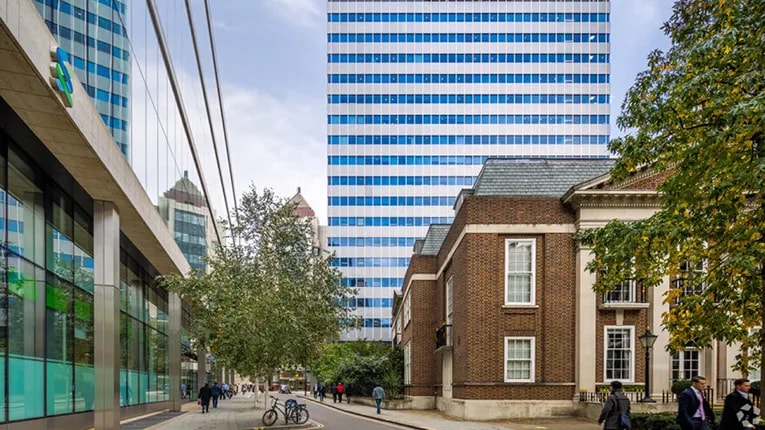Commercial Property Business Rates Explained

Business rates are a type of tax paid by most commercial properties in England and Wales. If you own a shop, pub, office, warehouse, factory, guest house or holiday rental home, it's likely you'll have to factor this charge into your yearly budget. Local councils send the tax bills to commercial landlords or their tenants in February or March every year.
How Are Business Rates Calculated?
They're based on two elements. The first is your property's "rateable value" - this is its rental cost, according to the Valuation Office Agency (VOA). The second is the government's "multiplier" or "poundage", which is linked to the Consumer Price Index (CPI).
It's difficult to pinpoint exactly how much you will be charged, but you can get a rough estimation by multiplying your rateable value by the multiplier that corresponds to your business.
Multipliers are separated into two categories: "standard" (which relates to businesses worth more than £51,000) and "small" (for those with a net worth below £51,000).
What Is Small Business Rates Relief?
Certain enterprises are eligible for business rates relief and don't have to pay the full amount of tax they would ordinarily be charged. For example, you may be able to reduce your tax bill by up to 80% if you run:
- A charity.
- An amateur sports club.
Business rates may not apply if the business is:
- A farm, including fish farms.
- Used for agricultural purposes.
- Used for the training or welfare of disabled people.
- Registered as a place of worship or a church hall.
Business rates relief also applies to organisations that occupy properties with a rateable value between £12,000 and £15,000. While premises at the top of this band pay the full amount of tax, buildings worth £12,000 don't pay it at all.
Some other businesses are also eligible for a mark-down, as the government is working to help enterprises who find it difficult to pay all their expenses. For example, in tax years 2019/20 retail businesses with a rateable value below £51,000 were able to secure a "Retail Discount". They benefited from a further 33% reduction in their business tax rates after other government reliefs were applied. This should help small, independent retailers stay afloat and, in turn, rejuvenate struggling high streets up and down the UK.
It's worth remembering, however, that tax bills aren't always accurate. If you think you may be eligible for business rates relief or exemption, you can take further action through the VOA.
You may have to pay business rates if you work from home.
If you use part of your home to do work, it's unlikely you will be liable to pay business rates. However, the tax will apply to you in the following situations:
If your property is legally divided into "domestic" and "business" areas for example:
- If you live above a shop.
- If you hire employees to work in your property.
- If you sell products at your property.
- Your business rates bill can change.
You may be subject to either an increase or reduction in business rates if you:
- Move to a new property.
- Make changes to your property.
- Sublet part of the premises.
- Combine two or more properties into one.
- Make changes to your business and the way it operates.
- Are affected by natural disasters (e.g. floods) or other disruptions (e.g. roadworks).
For these reasons, make sure you always let the council know if your circumstances change by contacting the VOA. If you forget to do this, you may be fined to make up the payments you've missed.
Revaluations Can Change Your Business Rates Bill
Revaluation is the process of reviewing all commercial properties' rateable values, a practice scheduled to occur every three years.
Business rates revaluations can be damaging for small enterprises, as the tax charge will increase if the property value has. This means it can be difficult to keep up with payments and continue to turn a profit. However, the government's relief system aims to minimise the financial burden for businesses that would struggle to pay their full business rates.
What Do You Do if You Think Your Rateable Value Is Wrong?
You can check your property's rateable value and apply to get it revised on the government's "Correct Your Business Rates" webpage. Before you go through with your application, you can compare your rateable value with similar properties in the area to see whether yours is significantly higher.
The journey to understanding your taxes can be a long one, and many people feel overwhelmed when trying to find out exactly how much they need to pay and why they have to pay it. However, there's plenty of information out there if you need it.
The gov.uk website is a great place to start. It has a free guide to business rates, which explains how they're calculated, how revaluations work and what to do if changes are made to your organisation or property. It also covers tax relief and how to estimate your own business rates. Plus, there's guidance for those who work from home or own a pub or holiday let accommodation.
